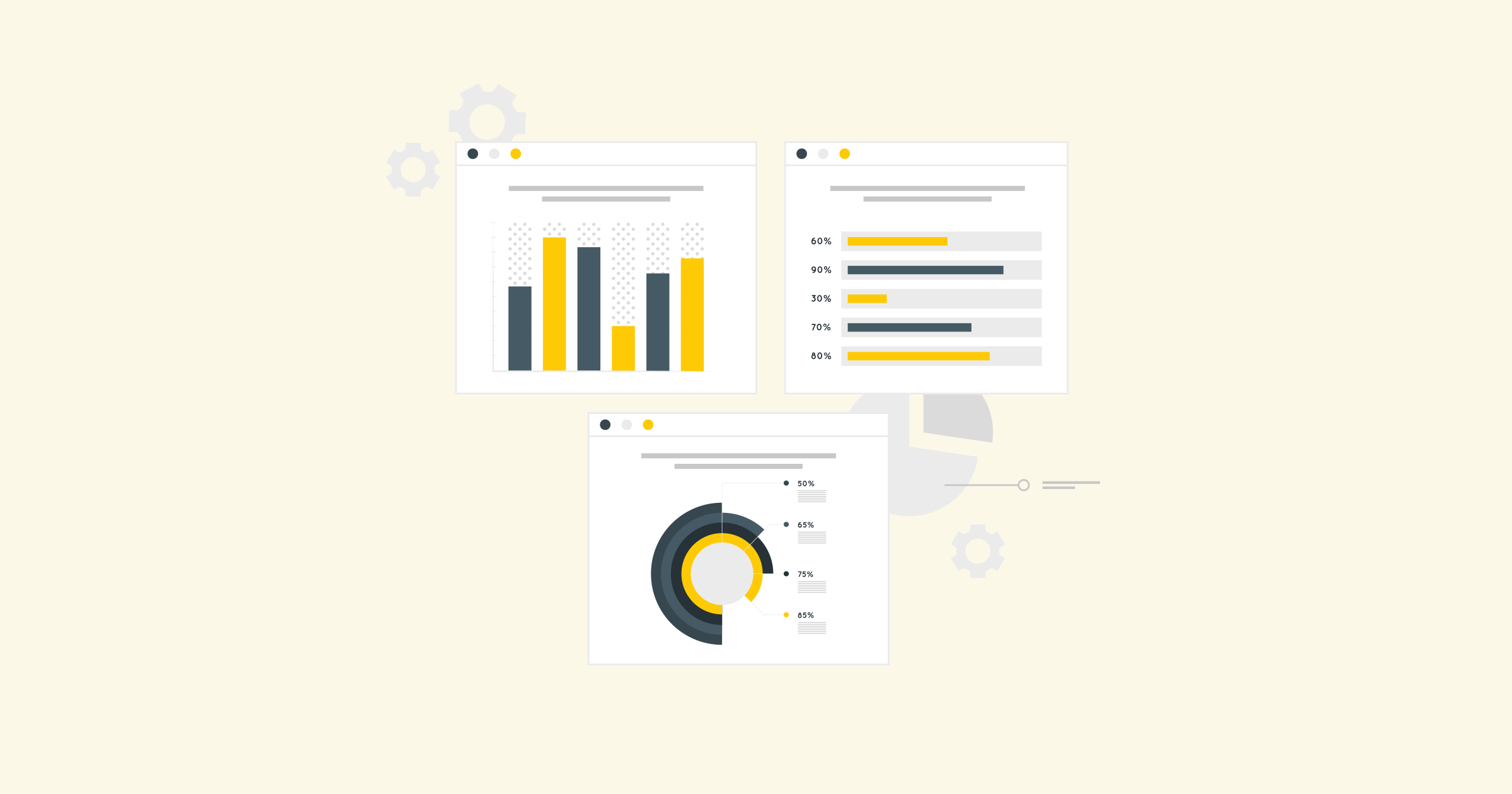What Does Proxy Mean?
If you have ever heard the term "proxy" and wondered what it means, you are not alone. Proxy is a widely used concept in the world of technology and internet. In this blog post, we will explain what a proxy is, how it works, and why it is important in today's digital age.
To put it simply, a proxy is a server that acts as an intermediary between your device and the internet. When you connect to the internet, your device sends requests to access websites or other online services. These requests are then forwarded to the proxy server, which in turn connects to the requested server on your behalf. The proxy server receives the response from the requested server and sends it back to your device.
So, why would you need to use a proxy? There are several reasons why people use proxies:
1. Anonymity: One of the main reasons people use proxies is to maintain their online privacy and anonymity. When you connect to a website directly, your IP address and other identifying information are exposed. By using a proxy, your requests are sent from the proxy server's IP address, hiding your real IP address and making it difficult for websites to track your online activities.
2. Access Control: Some websites or online services are restricted to certain geographic locations. By using a proxy server located in a different country, you can bypass these restrictions and access blocked content. This is particularly useful for people who want to watch geo-restricted streaming services or access websites that are blocked in their country.
3. Security: Proxies can provide an additional layer of security by acting as a barrier between your device and the internet. They can filter out malicious websites, block ads, or encrypt your internet traffic, protecting you from various online threats such as malware or phishing attacks.
4. Performance: In some cases, using a proxy can improve your internet browsing speed and overall performance. Proxy servers can cache frequently accessed content, reducing the load on the requested server and speeding up the delivery of web pages and files.
Now that you know what a proxy is and why it is important, let's take a closer look at how proxies work. When you configure your device to use a proxy, you need to specify the proxy server's IP address and port number. Your device then sends requests to access websites or services to the proxy server instead of directly connecting to them.
The proxy server receives your requests and forwards them to the appropriate server. It also receives the server's response and sends it back to your device. This process happens transparently, meaning that the website or service you are accessing is unaware that you are using a proxy.
There are different types of proxies available, including HTTP proxies, HTTPS proxies, SOCKS proxies,Each type has its own set of features and purposes. For example, HTTP proxies are commonly used for web browsing, while SOCKS proxies are more versatile and can be used for various types of internet traffic.
In conclusion, a proxy is a server that acts as an intermediary between your device and the internet. It provides anonymity, access control, security, and performance benefits. By using a proxy, you can protect your online privacy, bypass restrictions, enhance security, and improve your internet browsing experience.





























